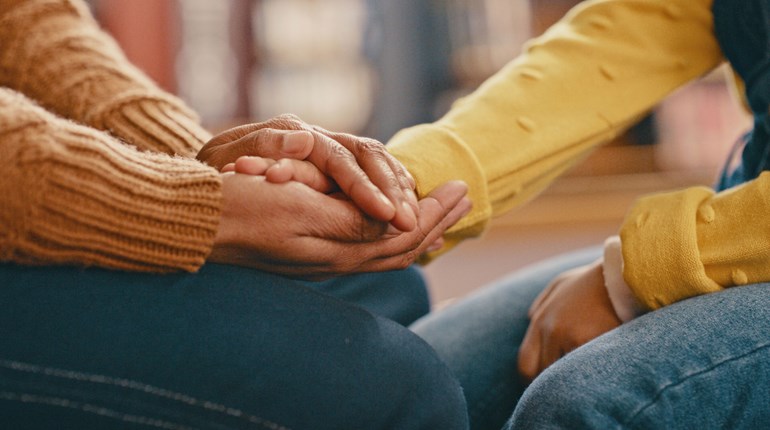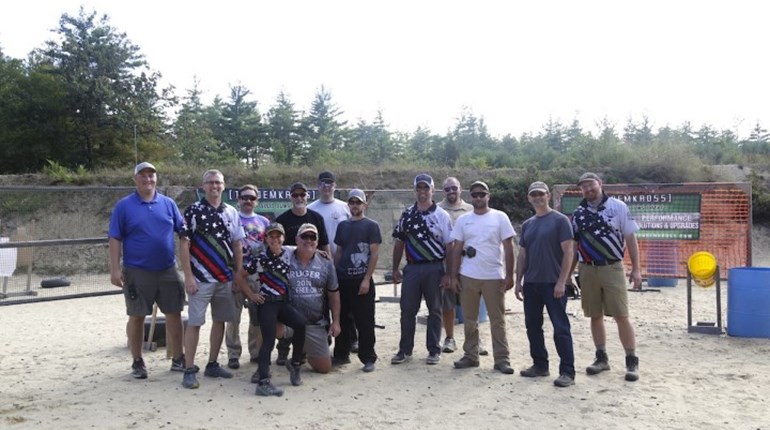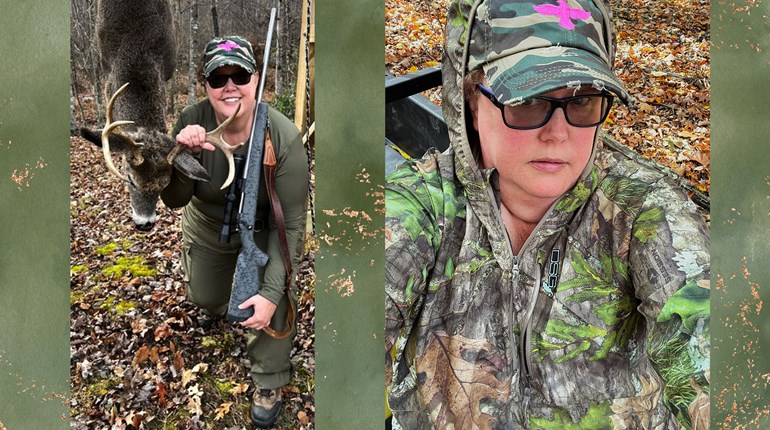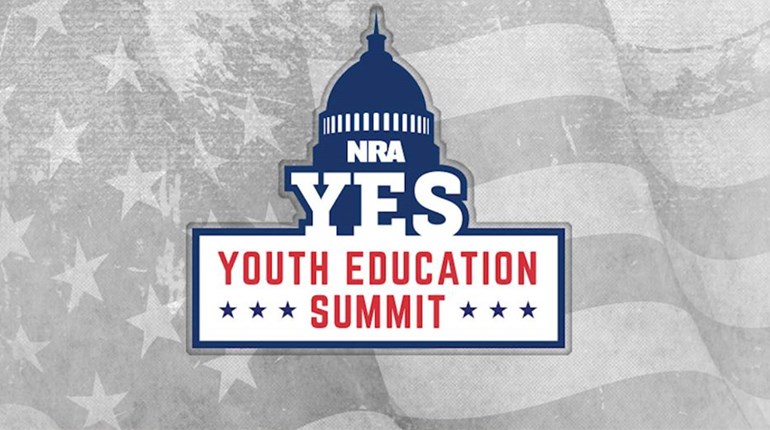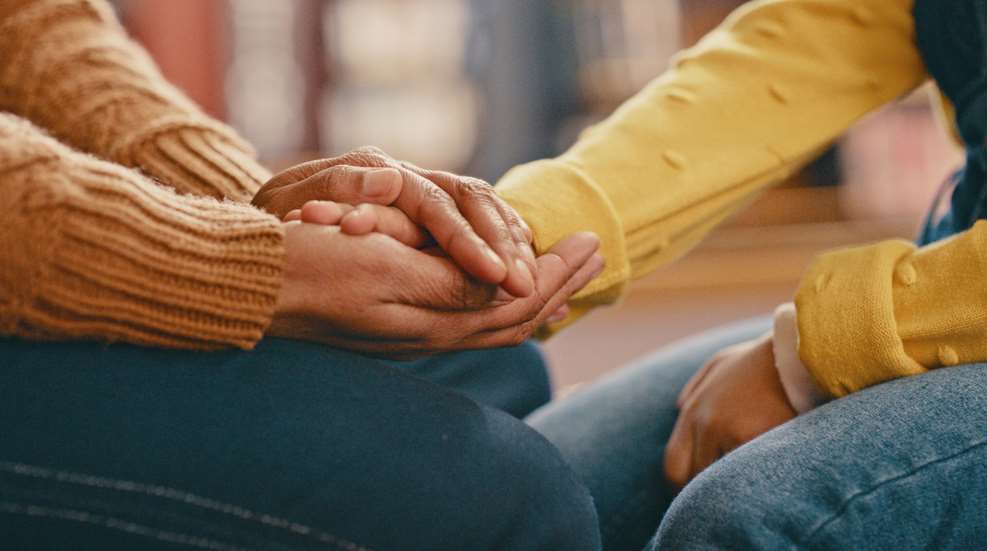
We admire first responders for the work they do to protect and save others while risking their own safety, physical health and mental well-being. But police officers, firefighters, rescuers, emergency physicians, trauma surgeons, etc. do not live on every corner. In fact, many of us decided to purchase and learn to use a firearm because we realized that we are all first responders. Because suicide, homicide and accidents are threats to us and our loved ones, we must be ready to respond, no matter the nature of the threat.
Col. Jeff Cooper, founder of Gunsite Academy, said, “The essential thing to bear always in mind that trouble can appear anytime. Be aware. Be ready. Be alert.” He spoke mostly about stopping threats of violence. While I have never seen a quote from Col. Cooper about suicide prevention, I think his statements about being a citizen and not a subject also pertain to our responsibility to protect and save ourselves and others when we can recognize a potential problem. I believe this includes being aware of and recognizing possible mental wellness issues and social wellness issues.
Two years ago I wrote about creating a united front to prevent suicide by firearm. It is uplifting to see those efforts have grown, are catching on in popularity, and may very well be preventing many unnecessary deaths. Some of the same players I met in the past are still working on prevention, and there are new players as well. When these groups have an occasion to get together, good conversations can occur. We can learn from each other about programs, educational opportunities, and risk reduction strategies that unite us in our efforts. I find the leaders of these groups to be very inspirational.

I recently met with several leaders from the American College of Surgeons (ACS) Firearm Strategy (FAST) team. You may know the ACS from the Stop the Bleed program. The American College of Surgeons comprises a network of trauma centers and supporting community outreach programs that are an incredible platform for the support and dissemination of materials designed to mitigate suicide and homicide risks for Americans. The FAST team describes their approach as being committed to reducing firearm injury and preserving firearm owner rights. Their group asserted that a key step integral to the public health approach is community engagement.
Christopher Barsotti M.D., who founded AFFIRM, joined with the American College of Surgeons FAST team this year, has been working diligently in injury and suicide prevention. “Many public health leaders do not recognize the validity and safety benefits of responsible firearm ownership, and associate the negative health outcomes we see in practice (gunshot injuries and deaths) with gun owners in general,” he said. “Conversely, many firearm owners associate healthcare providers in general with the ‘anti-gun’ position statements made by those in high public health leadership. Clearly, this gets us nowhere … What this space has been needing is a cohort of individuals from both stakeholder groups who rise above bias to learn and appreciate each other’s perspectives and experiences and begin to explore whether and how we may cooperate to achieve a common goal of reducing injuries and deaths. These physicians are the past, present and future leaders of the American College of Surgeons Committee on Trauma, and all are more than simply gun owners: They have been firearm trainers, competitive shooting sport athletes, active-duty military, and a Purple Heart combat veteran.”
Dr. Brendan Campbell leads the FAST team and is an avid hunter. He emphasizes that it is possible to be passionate about firearm ownership and injury prevention, and this is why the ACS prioritizes making firearm ownership as safe as possible. Benjamin Davis, M.D. commented that too many people are killed or injured by firearms, and that much can be done that does not threaten the Second Amendment. Ronny Stewart, M.D. said that expertise and thoughtful commitment to reducing and preventing suicide [by the firearm community] was inspirational. Johnathan Martin, M.D., said we will be hard pressed to be successful nationally unless we can listen and develop trust between healthcare providers and the firearm industry. Firearm owners are clearly committed to suicide prevention, and have a world of experience in this area. In talking with the FAST team, they all seemed impressed to learn about the programs that exist in the firearm community to reduce injuries. It was inspirational to talk with physicians who are so dedicated personally and professionally to making a difference.

Joe Bartozzi, President and CEO of the National Shooting Sports Foundation (NSSF), and Bill Brassard, senior director of communications for NSSF, have been outspoken about their partnership with the American Foundation for Suicide Prevention since about 2017. Project Childsafe is a program NSSF started in 1999, which provides firearm safety literature and resources and promotes responsible firearm ownership. They also partner with the Veterans Administration on a host of prevention measures. Joe and Bill are leaders who have a passion for prevention of firearm injury.

Sarah Joy Albrecht of Hold My Guns has been doing remarkable prevention work with her group by understanding that there are times that we may not feel safe around our firearms. She said that there are times when there is potential for anyone to be at risk. For example, someone may have a health issue, loss, and/or situational stress and could put them at higher risk for depression and suicide. By empowering them to make an informed decision, take personal agency, and use self-determination, better outcomes are created. By educating others on resources and providing safe storage for guns, her group is saving lives. Hold My Guns makes it possible to store one’s guns safely and securely until the difficulties or crisis passes. She has been instrumental in illustrating some unintentional and negative consequences of policies and bills such as red flag laws that are designed to reduce deaths but may inhibit our ability to prevent deaths and intervene.

Mike Sodini of Walk the Talk America (WTTA) courageously been outspoken on firearm injury prevention. He is educating folks on all sides of policy debates and diverse backgrounds, on how we can come together and find practical ways to prevent injury. His company provides free and confidential mental health screenings and training for healthcare providers. WTTA literature is now widely available at gun stores, with new gun sales, and on the side of some ammunition boxes. Further proof that the gun industry cares about prevention.
VA Office of Mental Health and Suicide Prevention
Russell Lemle, a psychologist formerly with the Veterans Administration who is instrumental in suicide prevention efforts, directed me to the national suicide prevention annual report. It states that in 2021 there were 6,392 veteran suicide deaths, which was 114 more deaths than in 2020 (possibly related to the pandemic). They are promoting secure storage of firearms, community-based programs, crisis intervention services, and services for the needs unique to veteran subpopulations. Risk factors identified included pain, sleep problems, increased health problems, decline in physical activity, relationship problems, hopelessness, poor self-control, financial loss, and unsecured firearms. They will be expanding efforts to link veterans to financial resources, housing counselors, legal aid, job centers, and food banks as well as many behavioral health and suicide prevention programs. The VA collaborates with NSSF on a host of suicide prevention initiatives and is a trustable partner and messenger. Data shows that veterans who obtain all their health care at VA facilities have lower suicide rates than those obtaining their care in the community.
This year, more than other years past, I was inspired by conversations between various leaders. As conversations began between various injury-prevention groups, relationships began that carry a promise of creating programs and efforts that will bridge gaps and expand efforts across the country. It is rewarding to see that on a topic as important as saving lives, we can find and work from common ground to make a real difference. While suicide is a sad and heavy subject, the combined efforts of others to save lives and keep us all safe is a most uplifting and promising story. Had these conversations been held at a public roundtable forum, I have no doubt that the audience would have been moved to tears and responded with a generous applause. My sincerest thanks to all who are working so diligently in this field.
About the Author: NRA Instructor, Outdoor Writer, MA, WV Licensed Psychologist, Licensed Professional Counselor WV, Nationally Certified Counselor, AADC. Samantha was born and raised in the hills of West Virginia. She was the youngest of six grandchildren (and the only female) who were raised to love the outdoors and hunting. She started shooting when she was big enough to hold a Winchester model 6, 22 pump action by herself. She has hunted from Texas to Africa. She believes that while Superman gets his power from the sun, her power comes from the outdoors. She lives in southern West Virginia with her understanding and supportive husband who does not mind showing off her trophies to his buddies. Samantha decided to pursue her love of psychology and counseling at age 12 (following in her father’s footsteps) and has never looked back. She strives to balance her time in the office helping others with time in the outdoors. She has focused much of her career on helping children and adults who have been abused, neglected, and mistreated. Her biggest rewards come from helping others liberate themselves from their fears and pain to become healthy and happy.












